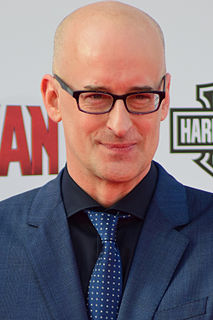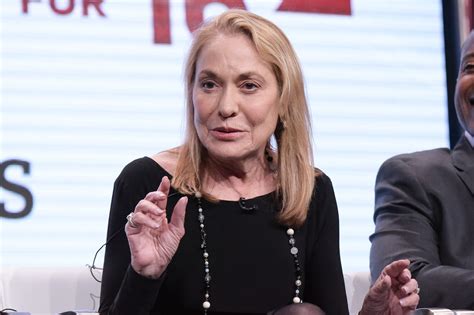A Quote by Peyton Reed
When you look at Kennedy and Nixon, TV played a crucial part in Kennedy's popularity. He was incredibly photogenic, while Nixon was this scowling figure. American viewers judged him on his appearance on TV.
Quote Topics
Related Quotes
The world of TV debates is antiquated. What looked smart and modern in 1960, with Kennedy versus Nixon, looks quaint and over-rehearsed between Obama and Romney. We need a new format; even if we have the same moderators and candidates, there needs to be a more nuanced way for audiences to connect with and shape presidential debates.
You know, I am not a particular Kennedy apologist or an awed fan - I was 12 when he was murdered - but I have discussed Kennedy with historians. For his incredibly short tenure, he was a very important president. Many put him in the second tier, below the big three and surrounded by Truman and Eisenhower. Kennedy moved our soul. Changed our thinking about service and governance. And won big in the greatest nuclear crisis of the Cold War.
I thought a lot about Nixon's personal history and the changes in America during his lifetime and tried to craft stories, which I thought reflected some of his personal history but also the backdrop of a changing America. Nixon grew up in a strict Quaker family. The idea of the American Dream, of hard work and not much fun, was ingrained in Nixon as a child, but curiously so was a love of music. Nixon himself was a pretty good piano player. So it's the contradictions that interest me, as I think we all have them.
I couldn't help but be struck that this guy I had thought was the embodiment of everything wrong with American politics, a lot of his domestic policy was mind-numbingly, head-spinningly to the left of Obama's. It was under Nixon that the EPA was created. It was under Nixon that OSHA was created. Under Nixon that the Clean Air and Clean Water Acts were passed.
Nixon is fascinating because he's our most alienated president. Everybody felt that they never knew who he was - that's palpable in the histories. His face is so cartoony that he's become this cartoon figure. I never really related to the romanticization of J.F.K., and I knew too much about Reagan to idealize him. Nixon falls in between.





































